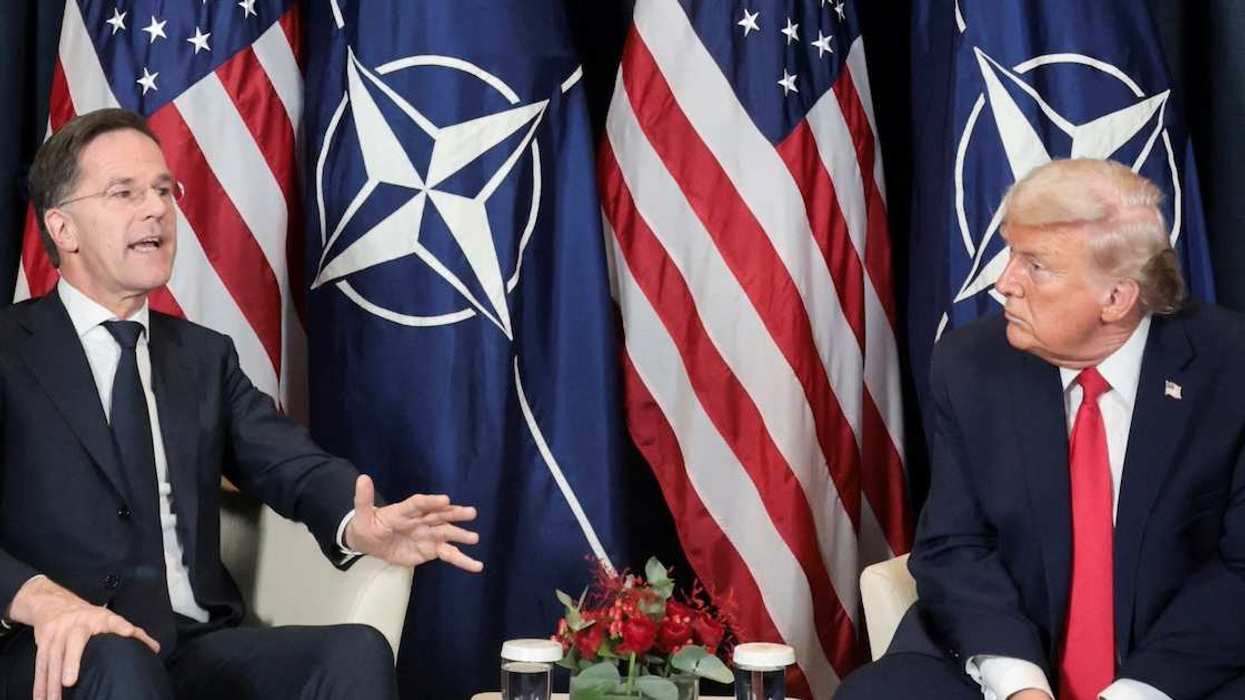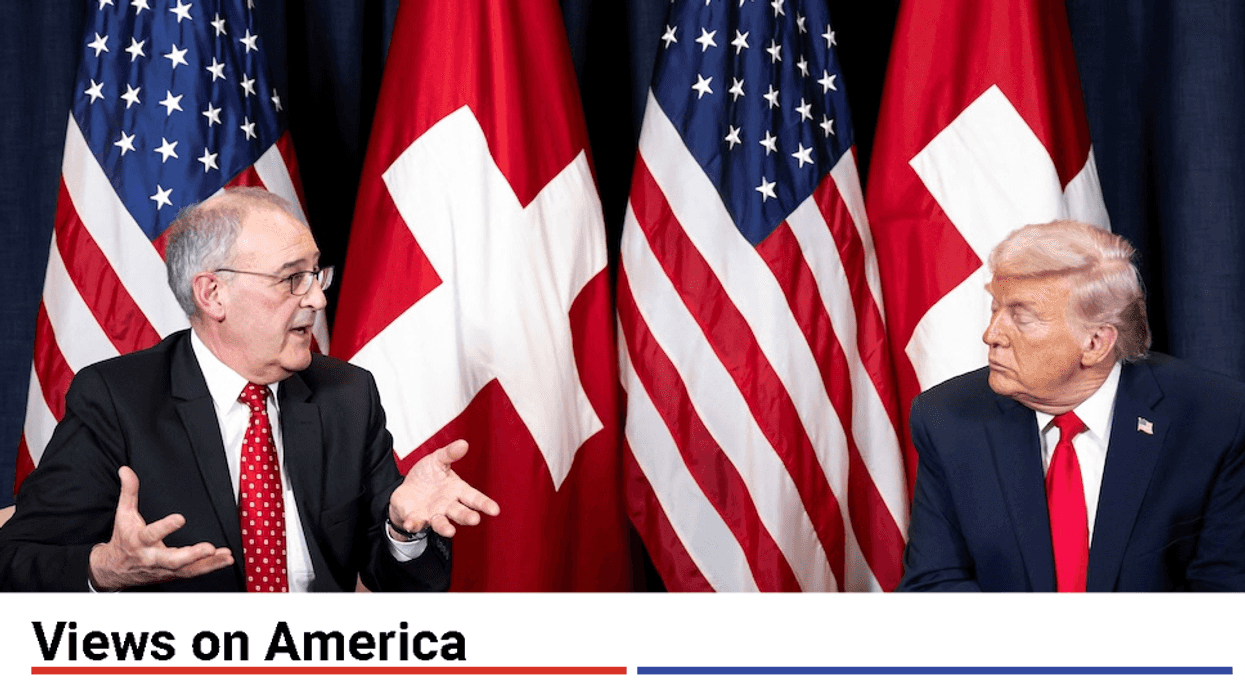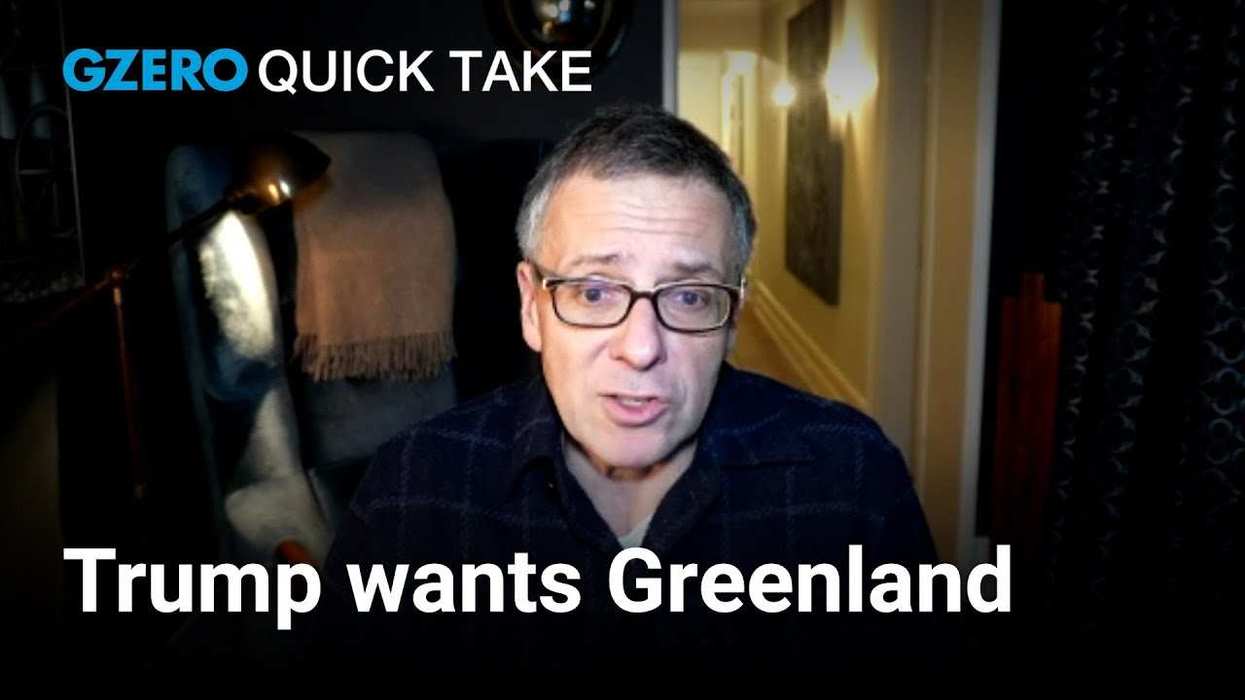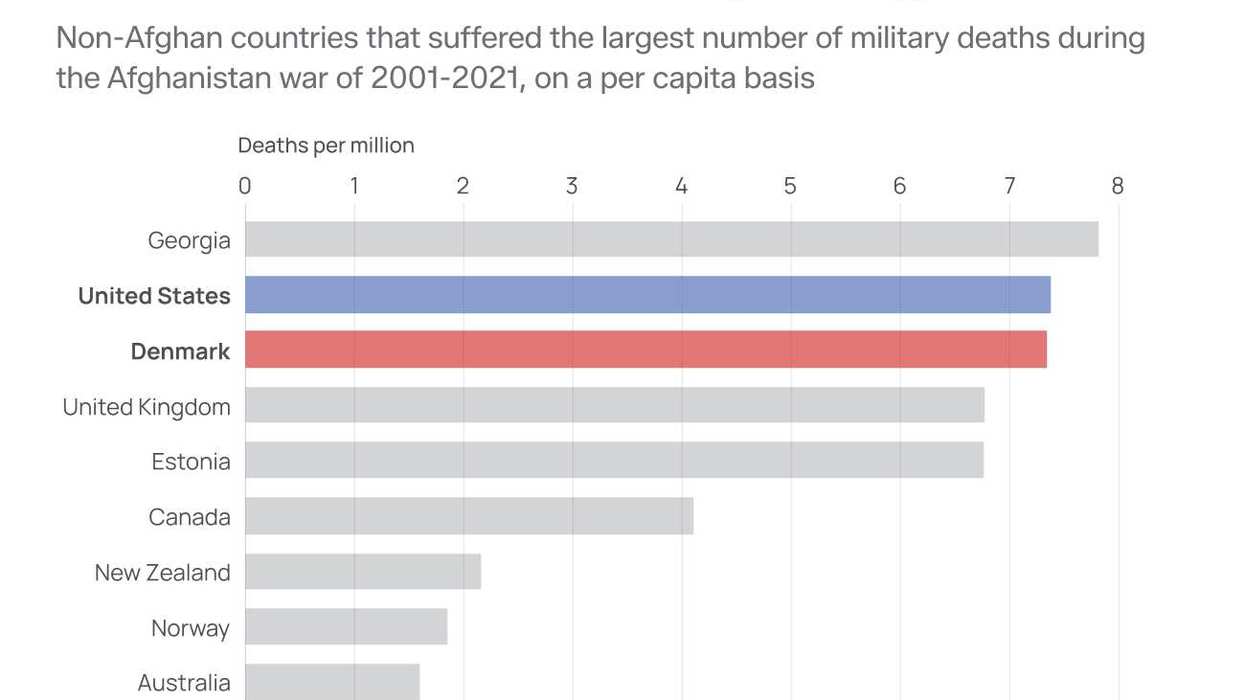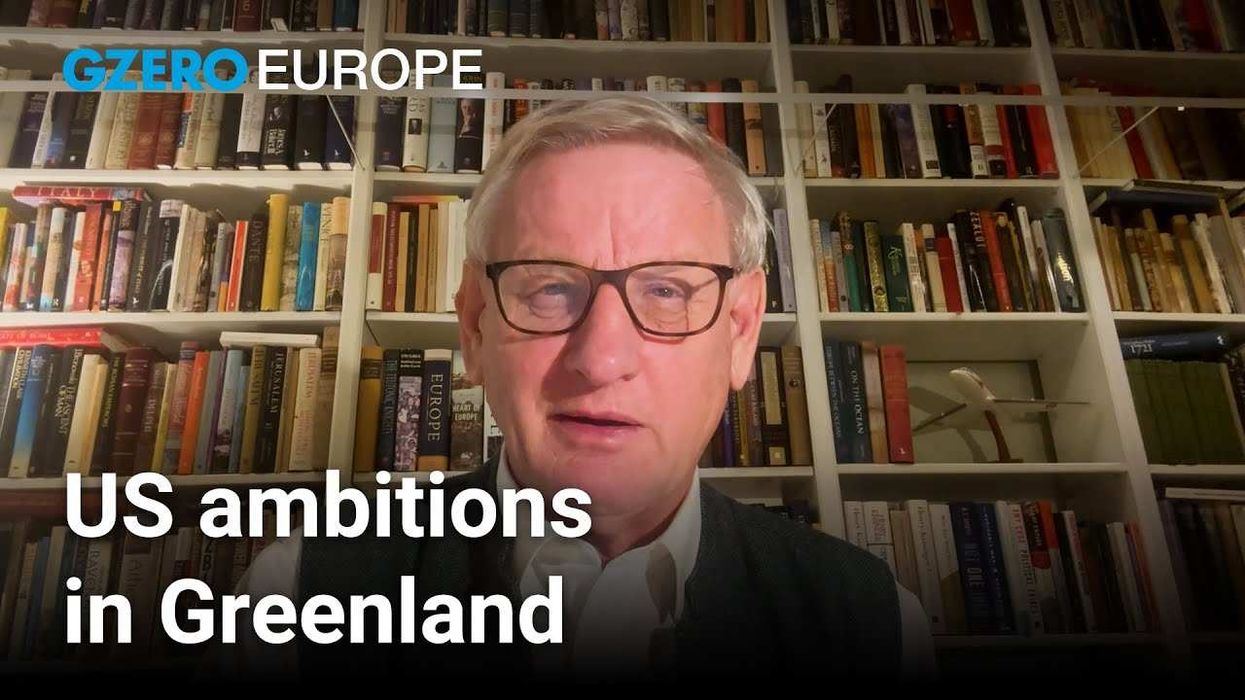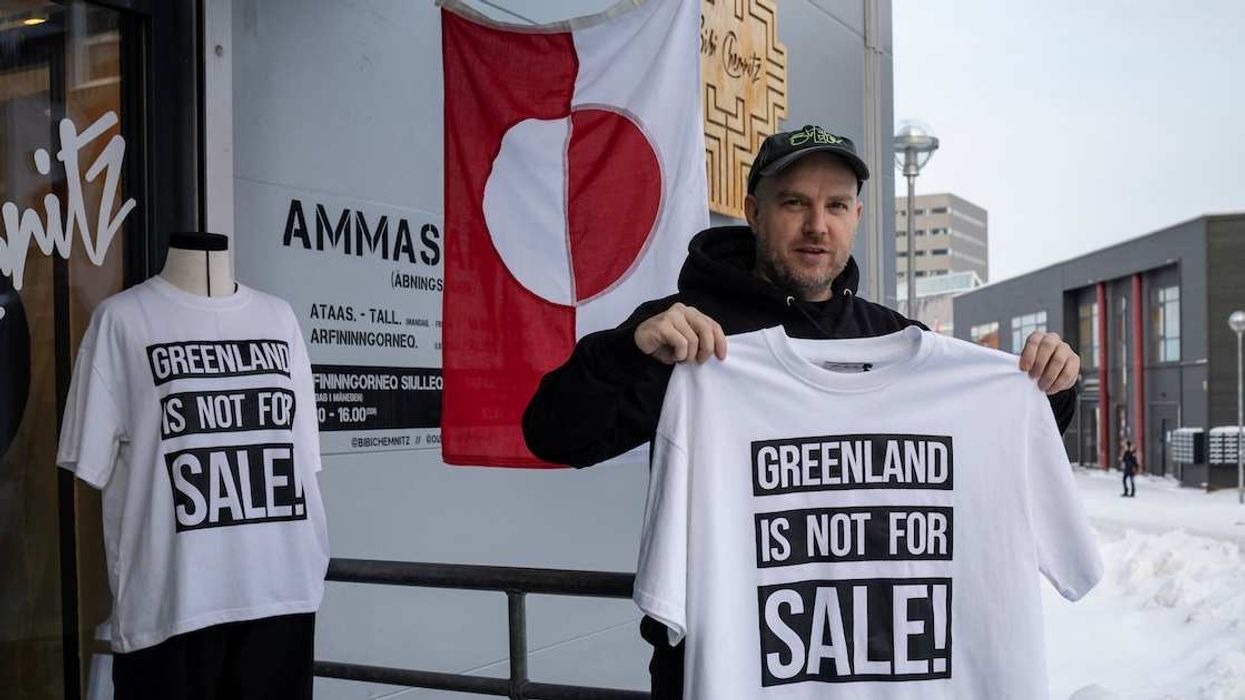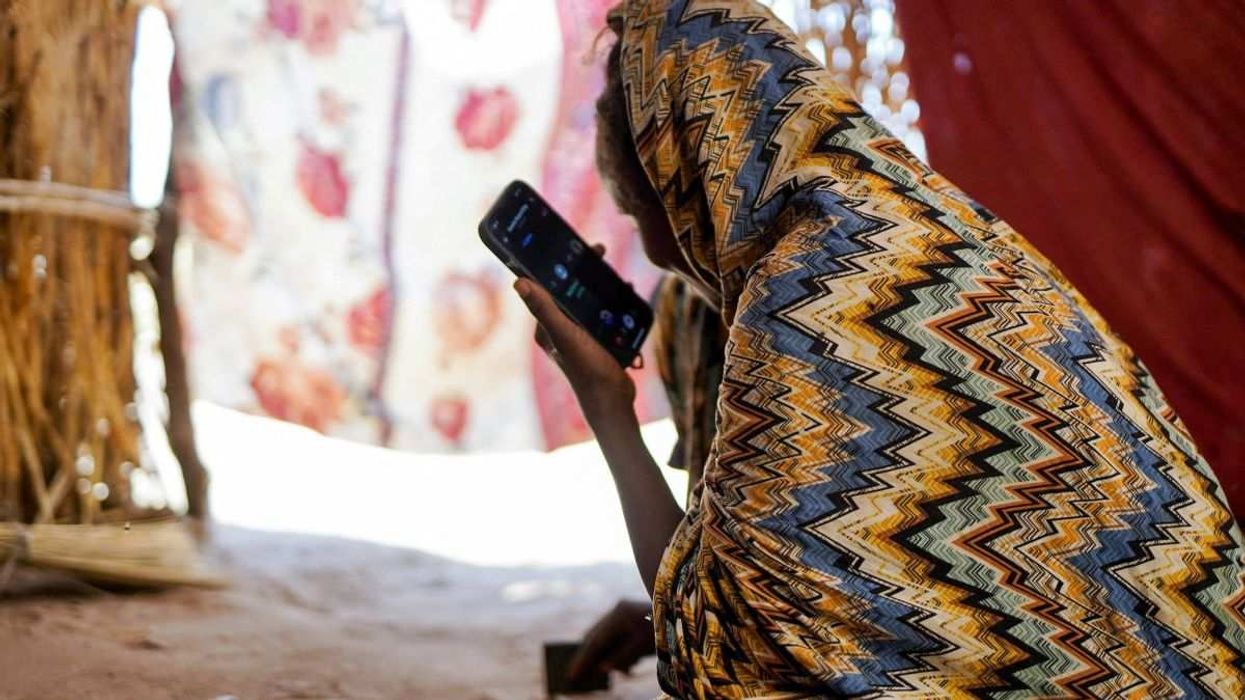GZERO Europe
Greenland, tariffs, and the transatlantic relationship
In this episode of GZERO Europe, Carl Bildt examines how an eventful week in Davos further strained transatlantic relations and reignited tensions over Greenland.
Jan 27, 2026

